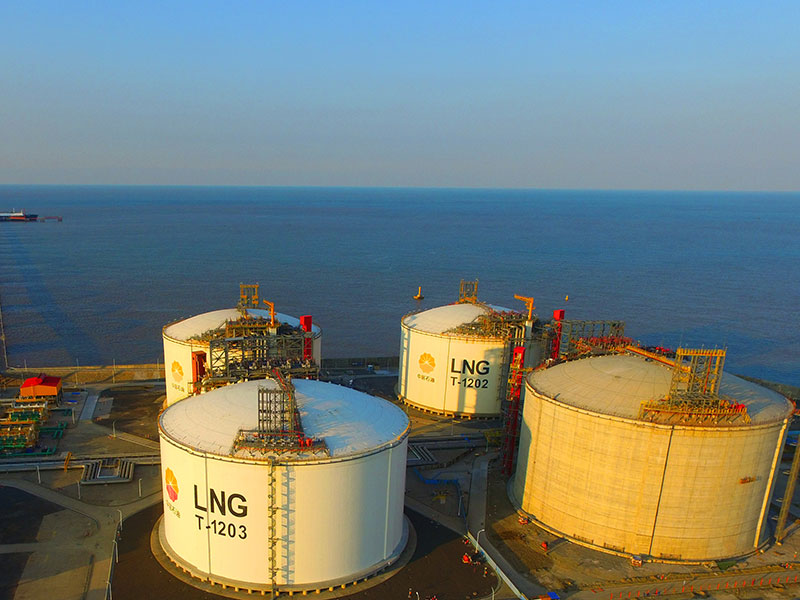China becomes world’s second largest importer of LNG
New data has revealed China dramatically increased its import of liquid natural gas in 2017, while also ramping up the export of gasoline and diesel

Despite some analysts predicting China’s restricted coal use would see the country become the world’s largest importer of LNG in 2017, Japan maintained its top spot, importing 72.3 million tonnes of the gas by the end of November
On January 23, data released by China’s General Administration of Customs revealed the country has become the world’s second largest importer of liquefied natural gas (LNG). China imported 38.1 million tonnes of LNG in 2017, representing an increase of 12 million tonnes on the previous year. The data also showed a surge in the export of gasoline and diesel, with China producing a greater surplus of oil.
According to the customs report, Chinese diesel exports jumped by 11.6 percent last year to reach 351,335 barrels per day, while gasoline shipments also rose by 8.5 percent to 240,434 barrels per day.
The surge in Chinese gas imports has largely been driven by changes in domestic policy. President Xi Jinping’s initiatives to reduce the overwhelming smog caused by pollution in Chinese cities have proved effective, with an estimated 20 percent improvement in the quality of Beijing’s air last year. This has coincided with drastic national caps on coal consumption, which continue to underpin the increased use of natural gas as a heating alternative.
Chinese imports of LNG are expected to rise again next year, as its infrastructure of gas pipelines improves
Despite some analysts predicting China’s restricted coal use would see the country become the world’s largest importer of LNG in 2017, Japan maintained its top spot, importing 72.3 million tonnes of the gas by the end of November. However, Chinese imports of LNG are expected to rise again next year, as its infrastructure of gas pipelines improves.
Meanwhile, China’s overcapacity for oil production has been achieved after expansion of its refinery industry led to increased yields. An annual research report released by China National Petroleum estimated China’s net oil-product exports would rise by 31 percent in 2018, as production continues to dramatically outstrip demand.
These fluctuations in Chinese fuel oil production may take their toll on global market prices, which have been experiencing a four-year high following increased demand. The impact of hiked gas prices has been felt in China most severely, with prices having doubled in Asia since last June. For now, it seems cleaner air has come at a hefty price to Chinese consumers.













